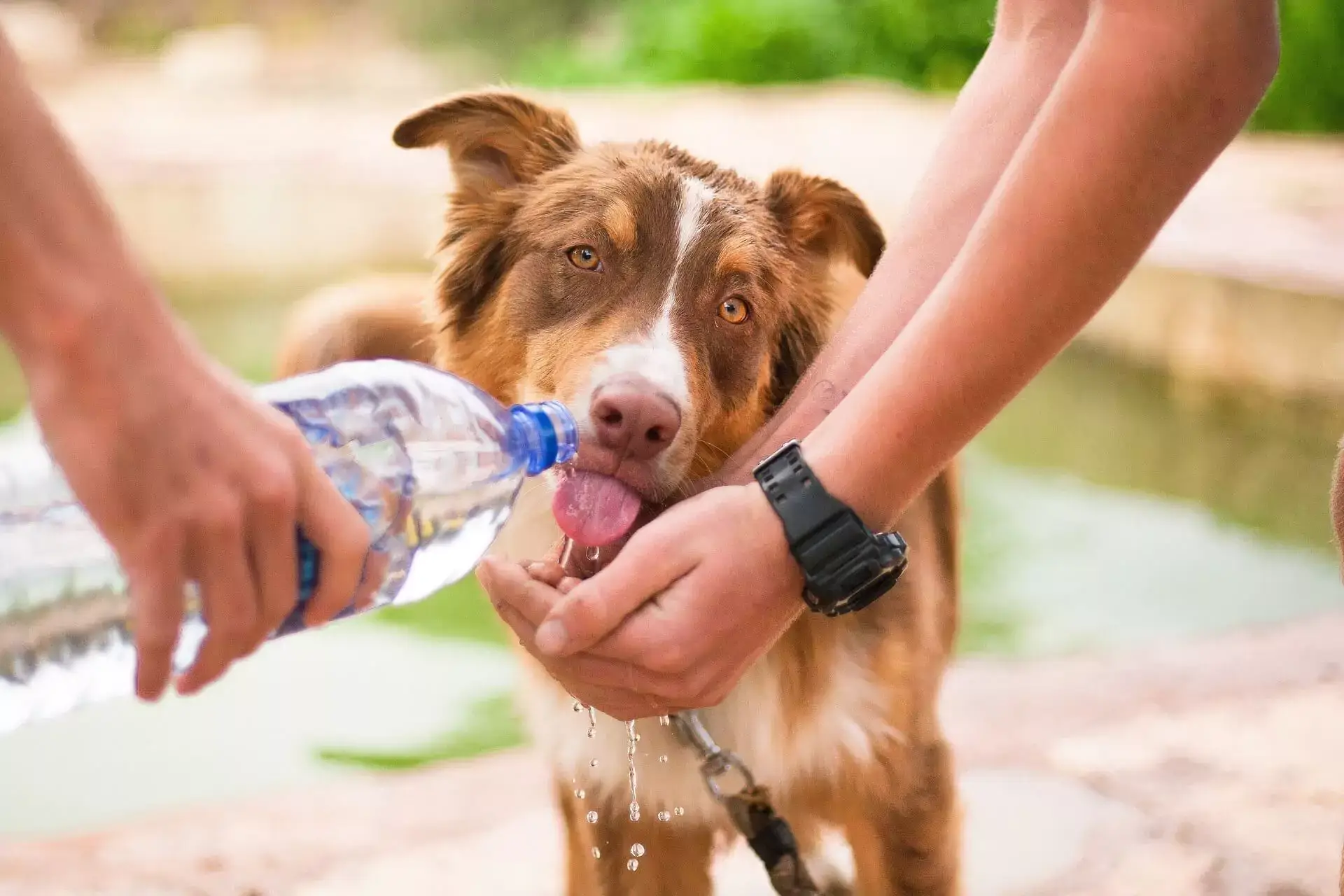Poison Prevention Awareness
March 1, 2021
March is Poison Prevention Awareness Month! This is a very important topic in the world of veterinary medicine. Unfortunately, it’s all too common for our furry friends to ingest things that aren’t safe for them. An Ellicott City, MD vet discusses poison prevention below.




!Social Icons